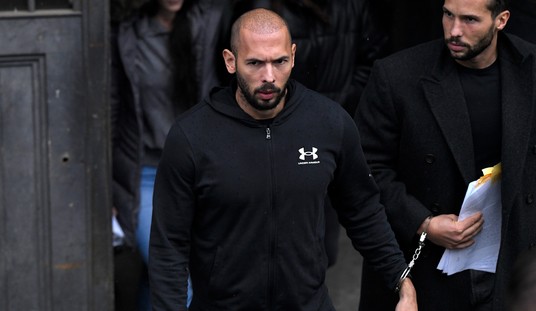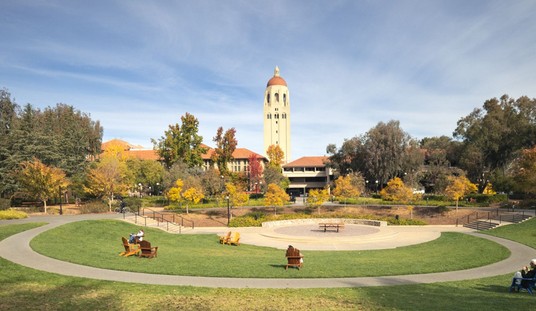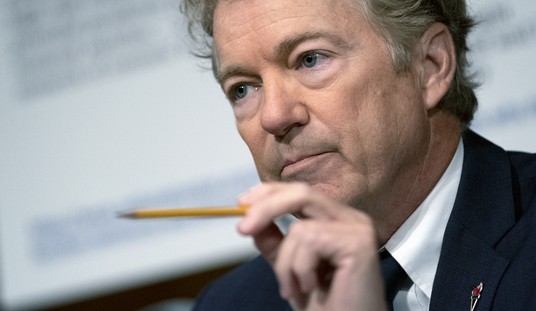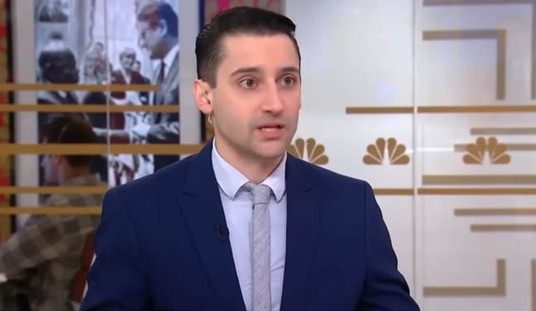We’ve been sounding the alarm since early last year about the risks associated with various EPA regulatory maneuvers, particularly the latest Utility MACT and cross state emissions rules. We are even now seeing the loss of significant energy generation on the grid, and an effective war on coal which reduces energy supply leading to the inevitable rise in prices. Not only are gas prices spiking in a trend which is expected to continue through the year, but home heating and utility costs are reflecting the fallout from these policies as well. But who bears the brunt of the increased costs?
According to a new study, the hardest hit are precisely who you would expect. The poor and the elderly are having the biggest bite taken out of their checkbooks.
Energy costs for U.S. households will almost double this year from 2001, consuming a fifth of the annual income for half of American homes, according to a study by a utility group that opposes limits on coal use.
The American Coalition for Clean Coal Electricity, which includes Atlanta-based Southern Co. and Peabody Energy Corp. in St. Louis, said the 50.4 percent of households earning less than $50,000 may pay even higher costs as regulators consider limits on coal-burning power plants.
The study is “further evidence that these regs are going to cause an impact on the American family,” said Lisa Camooso Miller, vice president for media relations for the Washington- based coalition, in an interview.
The study (.pdf version of full report) breaks down the rising costs seen in U.S. households based on income and the results are fairly stark, as shown in the following graphic.
The following bullet points are also highlighted:
- Energy costs are growing and eating up a disproportionate share of low and fixed-income families’ budgets. The 60 million households that earn less than $50,000 per year, or half of all U.S. families, will devote an estimated 21 percent of their after-tax incomes to energy, compared to 12 percent spent in 2001.
- Energy cost burdens are greatest on the poorest families. The energy bills of families earning less than $10,000 have risen to 78 percent of their after-tax income.
- Minority families are burdened by higher energy costs. More than 60 percent of Black and Hispanic families had pre-tax household incomes below $50,000 in 2010, compared with 39 percent for Asian families and 46 percent for white households.
- Lower and fixed-income senior households are among those most vulnerable to energy price increases. Food, health care and other necessities compete with energy for a share of the household budget. The $31,408 median income of senior U.S. households means that half of these households depend on incomes below this level.
- EPA regulations drive up electricity prices. Virtually all of the residential electricity price increases over the past two decades have occurred since 2000. These increases are due in part to additional capital, operating and maintenance costs associated with meeting clean air and other environmental standards.
- Electricity is the bargain among all consumer energy products. This is due, in part, to the utility industry’s reliance on affordable coal. Electricity prices have increased by 51 percent in nominal dollars since 1990, while the nominal prices of residential natural gas and gasoline have nearly doubled and tripled, respectively.
This is an election season when candidates need to address the needs of millions of Americans struggling under a rough economy, unemployment and uncertain futures. Yet another aspect of the study highlights that Hispanics and other minority communities are also paying disproportionately for Obama’s energy agenda. The majority of people who will select the next President and the makeup of Congress are not riding around in private jets, but are the ones figuring out how to pay the bills next month. This study should make it clear precisely who is being hurt most by the policies of the current administration and the direction we need to take going forward.









Join the conversation as a VIP Member